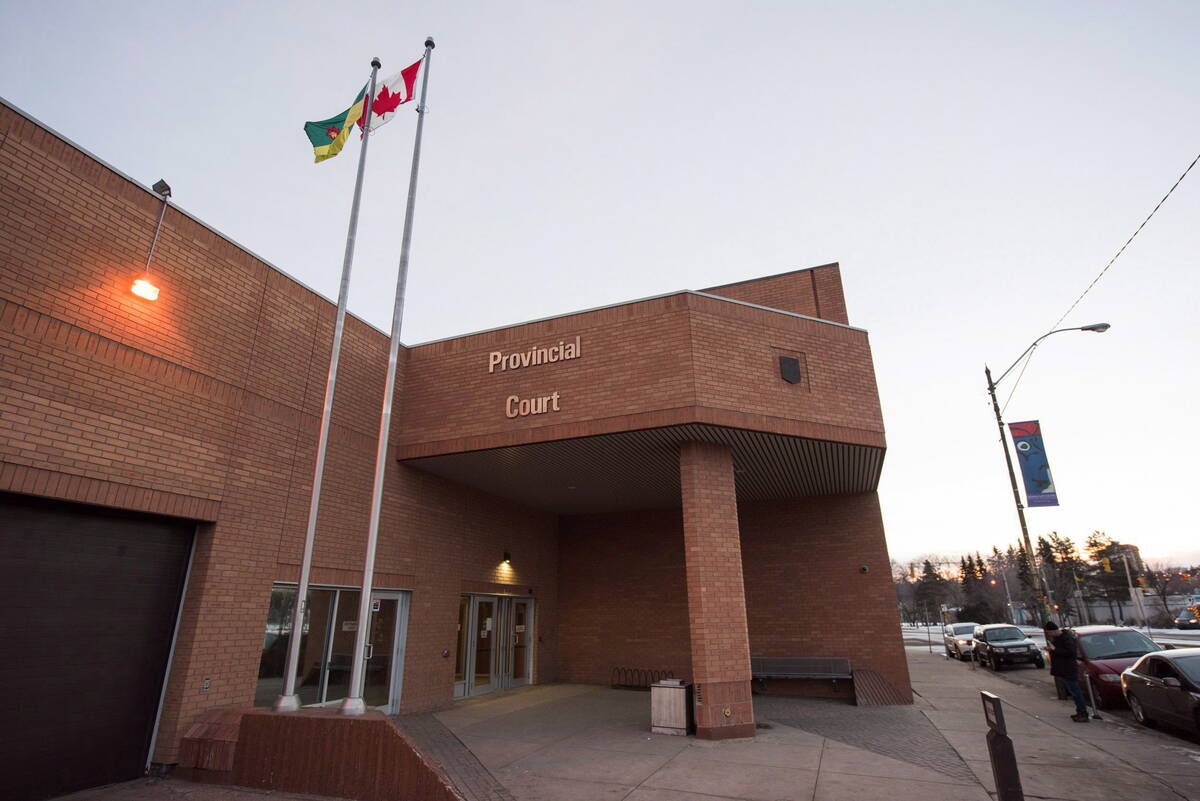Q: I see many people in our community who have alcohol problems. They and their families are suffering. How can I help?
A: People can be addicted to many things – food, beliefs, sex, smoking, alcohol or drugs. The issue is not that a person has a problem, but that she refuses to recognize it.
People who drink or take drugs to the point of poisoning themselves never stop to think about their actions. They are so wound up in trying to feel good that they block out the effects of alcohol and drugs and the effects of their altered behaviour on others.
Read Also

Understand limitation periods if considering civil suit
A limitation period refers to the amount of time a plaintiff has to commence a formal claim in court or lose their ability to pursue it.
The biggest barrier to dealing with addiction is denying that it is there. Why does this happen? The high experienced by the drinker blocks them from looking at things realistically. Also, the high is often an attempt to escape from emotional, social or physical pain. There is also the fear of being found out. Many are afraid that if they admit to having a problem, others will avoid, reject or even punish them.
You can help in your community by not accepting a person’s excuses when she tries to excuse her behaviour because she was drinking. You can set an example by using alcohol wisely yourself. You can also see that when someone breaks the law and alcohol is involved, you report him or her to the police.
Families of alcoholics often feel ashamed and don’t want to talk about it. It may help to talk to them privately and make them aware you know of their problems and give them phone numbers of support groups. Quite often people will talk to those outside their community about problems that they deny to their local friends. The internet also has information and resources on addictions especially at the Alcoholics Anonymous and Al-Anon websites.
Peter Griffiths is a mental health counsellor based in Prince Albert, Sask. His columns are intended as general advice only. His website is wwwsasktelwebsite.net/petecope.
















